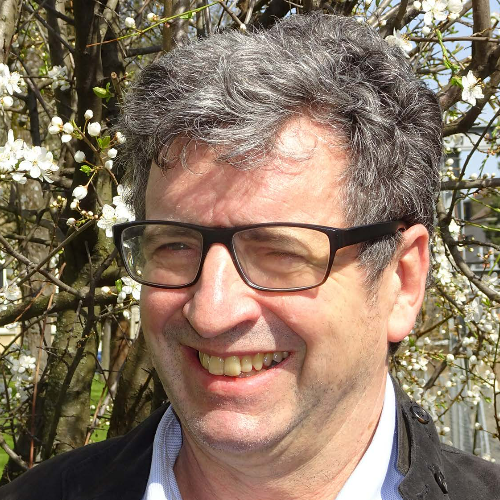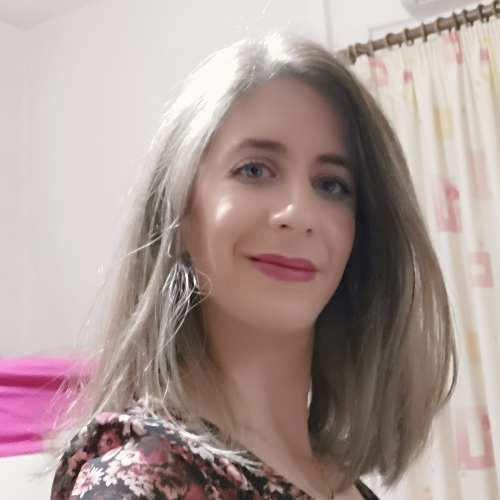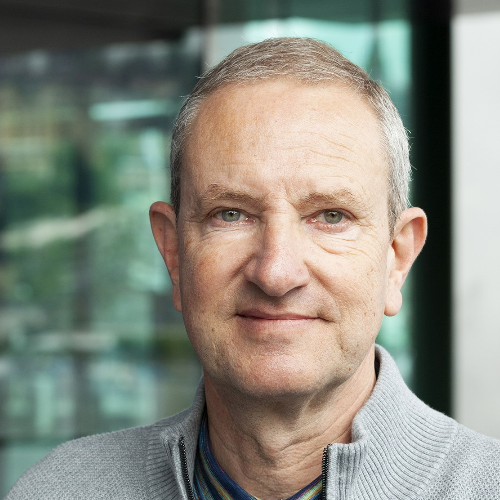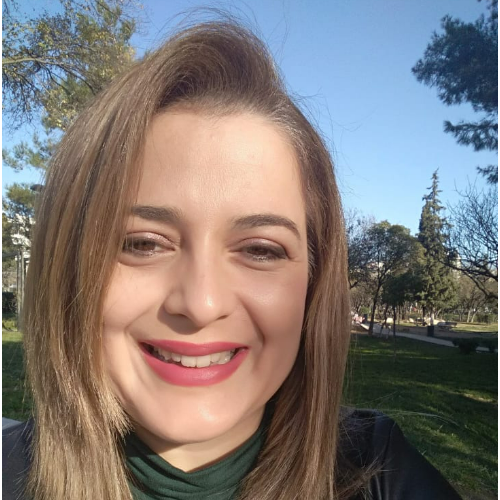Clearly communicating thoughts, ideas and expectations is a challenge in the lives of stroke survivors. In this webinar, the panel will address ways to overcome communication barriers for those with and without aphasia.

Jean-Marie Annoni
Jean-Marie Annoni studied medicine in Geneva and specialised in neurology, behavioural neurology and neurosciences at hospitals in Zurich, Geneva, in the cantons of Valais and St. Gallen, London and Montreal.
Jean-Marie worked as a neurologist at the Geneva and Lausanne hospitals and is Professor of Neurology at the University of Friborg and a neurologist at the Friborg hospital, looking after neurological problems, and more specifically, memory and language problems, degenerative diseases and headaches.
For 20 years, his research has focused on the consequences of stroke, relearning after stroke and the cerebral organisation of language, particularly in bilingualism.

Alexia Kountouri
Alexia Kountouri had a stroke in May 2015 whilst she was studying for a PhD in the UK. Her right side was paralysed and she had to give up her studies.
She has had to learn how to adapt, cope and solve problems caused by her disability. She is now a social worker in Nicosia Municipality Multifunction Foundation, enabling vulnerable and marginalised people in Nicosia to become active and integrated into society. Alexia is also an Ambassador for stroke in Cyprus.

Jürg Schwyter
Jürg R Schwyter was Head of the English Department and Professor of English Linguistics at the University of Lausanne when he suffered a severe brain stroke. Numerous therapies later, he successfully re-integrated into professional life and taught at the University before retiring in 2020 to the post of Research Fellow.
As a linguist, his research interests now focus on aspects of language and the brain. He has a keen interest in aphasia, and the interrelationship of multilingualism and strokes. As a stroke survivor and aphasiac, he wants to inform the stroke community and the wider public about the impact of stroke on language, communication and multilingualism.

Mina Michalatou
Mina Michalatou is a member of the stroke support organisation, Hellenic Alliance for Stroke. She is a passionate archaeologist and in recent years she has been working as a teacher of Greek Language and/or Greek as a Second/Foreign language to children.
After her stroke, Mina’s goal became to positively impact the lives of young people by raising awareness about stroke. She is involved in the FAST HEROES 112 campaign of the Department of Educational and Social Policy of the University of Macedonia and member of the European Network Schools for Health in Europe Network Foundation.